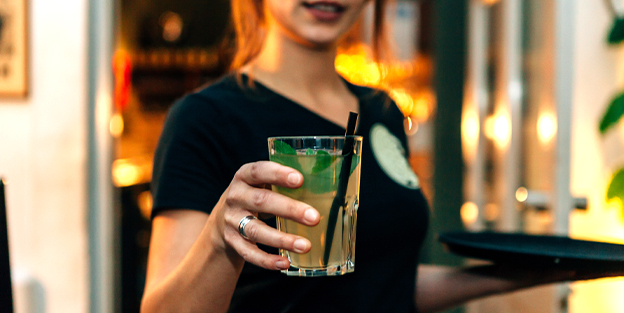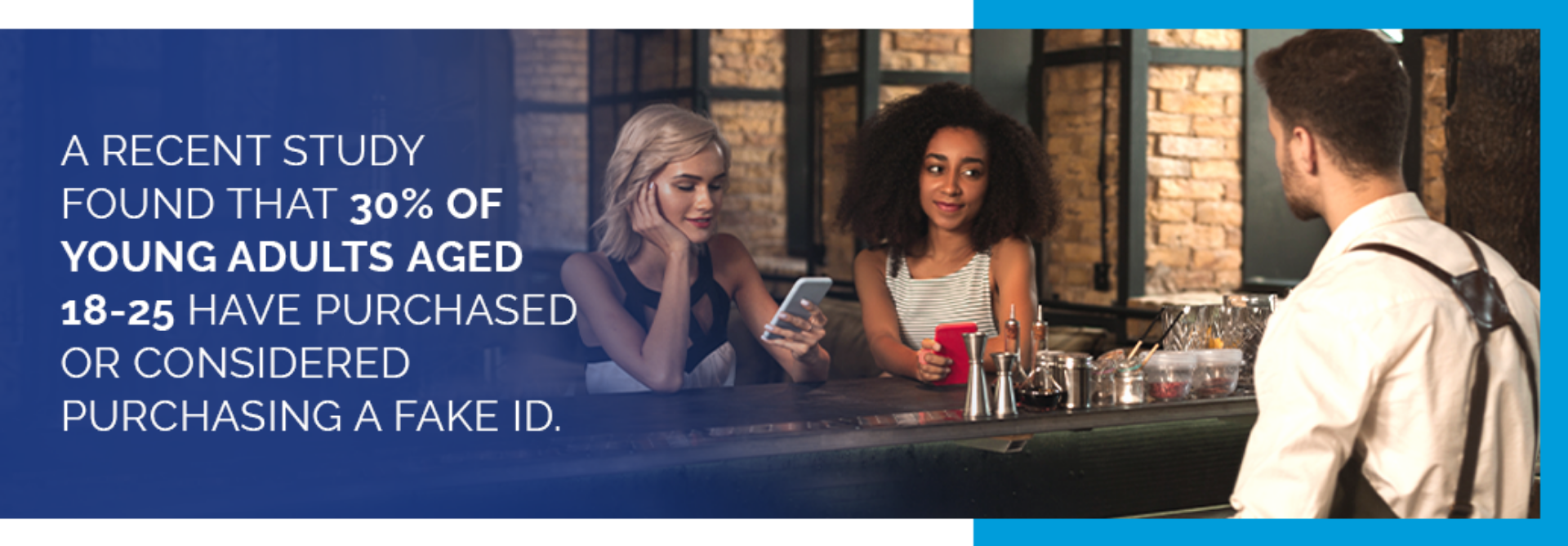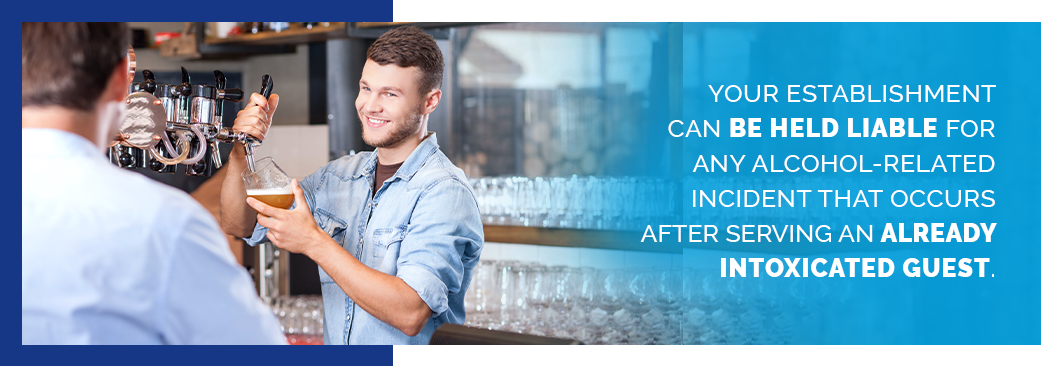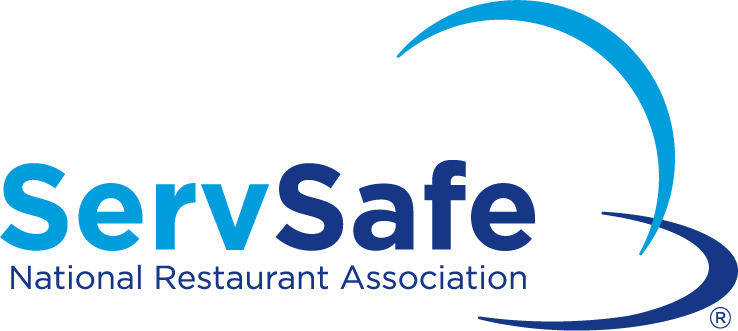BLOG
The Risks of Serving Alcohol: Detecting Risky Situations and How to Handle Them

As a business owner with a liquor license, how you serve alcohol, under what conditions you serve alcohol, and to whom you serve alcohol can place you in a position of liability.
One minor sneaks past the ID check or one adult has too much to drink and you can land yourself in trouble. The penalties can be severe, and you could put people in danger, too.
Risky situations can arise anytime, and they grow more difficult to detect as the restaurant industry enters its busiest time of year. As such, it’s increasingly critical for alcohol-serving establishments to train restaurant personnel on how to responsibly serve alcohol.

Identifying Minors
Identifying Minors Serving alcohol based on a hunch about someone’s age is dangerous and should not be done. Even if the individual responsible for checking IDs admits a minor into the bar, the server, the bartender, and the establishment itself can also be held liable under certain jurisdictions.
In many states, minors in possession of alcohol are charged with a misdemeanor, punishable by community service and/or a fine. For the establishment, the punishments are more severe, ranging from a large fine to jail time to a suspended or revoked liquor license that forces the business to shut down.
To prevent this, businesses can enhance their acceptable ID training.
In addition to verifying that a guest is of age for alcohol consumption, checking an ID is done to make sure that the ID is acceptable, valid, not altered, and belong to the guest presenting the ID. Because identification is the qualifying factor for serving alcohol, some minors wrongfully enter a bar using a fake or altered ID. Research shows an estimated 32% of college students have confessed to owning a fake ID. So, how do you make sure no fake or altered ID slips past your restaurant personnel?
How to Check for Fake IDs
Many outbreaks happen so quickly that restaurant management may not act until it’s too late. That’s what happened to one local sushi restaurant in the southern U.S., where a single weekend of business led to hundreds of cases of illness. But the situation could have been much worse.

The back of the ID.
All government-issued ID cards have information on the back, including bar codes and/or magnetic stripes. ID checkers should have guests take their IDs out of their wallets to check the back.

The type of ID.
Different forms of identification are accepted in different states. Your business can provide ID checking guides that outline characteristics of accepted, genuine identification.

Validation.
Many minors use a friend or family member’s old ID, which is likely expired. Restaurant personnel should check the expiration date for validity.

Modification.
There are tell-tale signs of an altered ID, such as holographic errors, card thickness, or damage from alteration efforts.

Date of birth.
Teach your staff to calculate age from date of birth. Most state-issued IDs now include the date an underage person will turn 21.

Physical traits.
Physical traits can change over time. Even so, by looking at the photo and the described traits, personnel can see if the cardholder resembles the appearance described.

Identifying Behavior Signs of an Intoxicated Guest
Your establishment can also be held liable for any alcohol-related incident that occurs after serving an already intoxicated guest.
There are observable ways to identify an intoxicated guest. A change in behavior is more revealing than the actual behavior itself. Here are some of the physical and behavioral changes you servers and bartenders can watch for:
Relaxed inhibitions.
Alcohol causes people to shift behavior in ways that they would not typically act. This includes someone being overly friendly, depressed and quiet, loud, or making rude comments.
Impaired judgement.
Signs of impaired judgement include complaining about drink strength after having the same drink, faster drinking, escalating drink strength, and making irrational or aggressive statements.
Slowed reaction time.
Reaction time becomes slower with every drink. If a guest begins moving or talking slowly, having trouble concentrating, losing train of thought, or experiences drowsiness, they may be showing signs of intoxication.
Impaired motor coordination.
This is a classic sign of intoxication. If the guest begins staggering, stumbling, swaying, spilling, or slurring, it’s time to stop service and make sure the guest has a safe way to get home.
Serve Safely with Industry-Backed Training
At ServSafe, we prioritize your business’s security and your guests’ safety. We’ve created the ServSafe ServItUp program to help your staff hone their responsible alcohol service skills. In the coming weeks, we’ll be releasing content to help you keep your guests safe, protect your establishment, and make your job more satisfying and rewarding.
For more information and resources about responsible alcohol serving practices, sign up for our ServSafe Alcohol training program or connect with our team.
